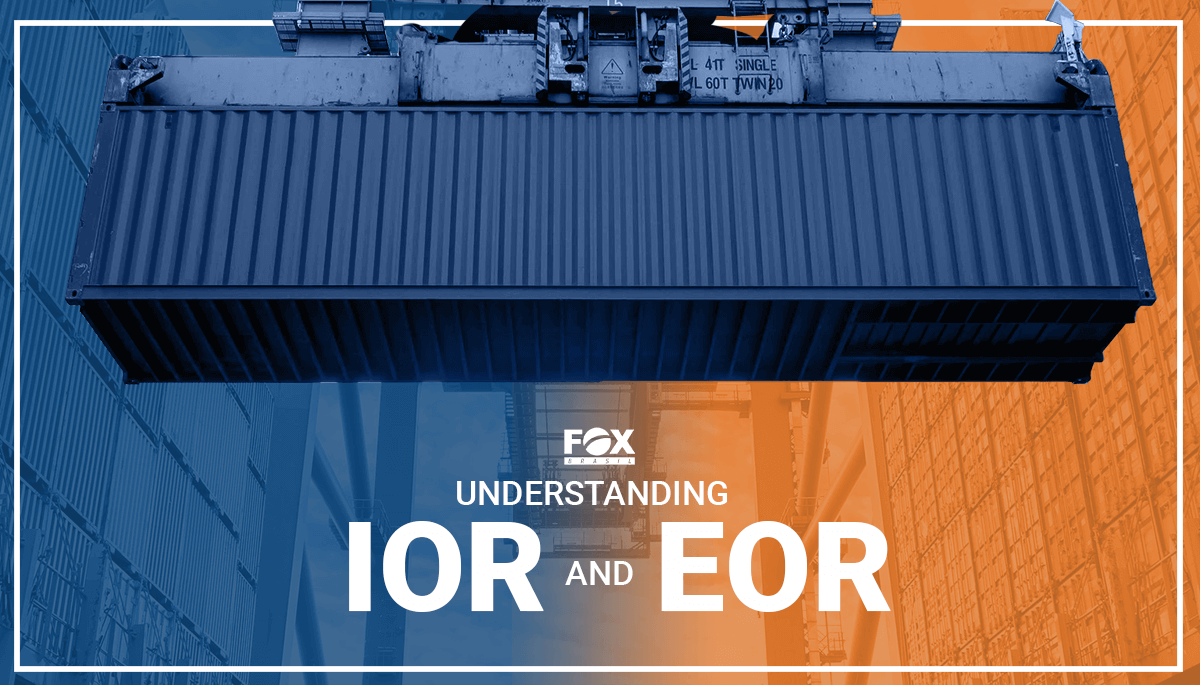Understanding IOR and EOR – Importer of Record and Exporter of Record

Understand Logistics & Freight
Have you ever heard of IOR and EOR? In many cases, experienced shippers and even freight forwarders are unfamiliar with these terms! Still, the importer of record and the exporter of record can be valuable assets for expanding a shipper’s international reach. In this post, we will dive into the definitions of Importer of Record and Exporter of Record and what they can bring to the table.
Importer of Record (IOR):
The IOR is the legal entity responsible for importing goods into a specific country. They can be the buyer, the seller, or even a third-party IOR, for example, a freight forwarder, who assumes legal ownership of the imported goods if the actual importer cannot play that role for any reason.
The IOR is liable for all customs duties, taxes, and compliance requirements associated with the import process.
Exporter of Record (EOR):
The EOR is the legal entity responsible for exporting goods from a specific country. Just like the IOR, the EOR can also be the buyer, the seller, or a freight forwarder, whose responsibilities include ensuring compliance with export regulations and managing export documentation and overall processes.
The advantages of IOR and EOR
The IOR and EOR offer significant flexibility and benefits in international trade, from managing complex customs clearance processes to taking ownership of goods on behalf of parties who would otherwise be unable to import/export on their own, for example, one of the most common uses of IOR and EOR is in e-commerce transactions, in which businesses utilize third-party logistics providers as EOR or IOR to assist them with international shipping duties!
Freight Forwarders as IOR and EOR
Freight forwarders, with their expertise in international shipping and logistics, are uniquely well-positioned to act as both IOR and EOR, which is a more cost-effective alternative to hiring each role individually. Freight forwarders are qualified to offer end-to-end logistics services while saving costs, reducing risks, and allowing shippers to focus on their core operations while their freight forwarders handle the rest.
By acting as both IOR and EOR, freight forwarders provide a comprehensive solution for international trade by streamlining operations.